
Shaping the present and future of the London Festival of Architecture, we talk to Director Rosa Rogina about how topics around climate change and future urban development will drive discussions.
Architect, researcher and curator, Rosa Rogina has been programme director of the London Festival of Architecture since 2016, and she has worked for some of the world’s leading architecture practices. We sat down to discuss the driving ideas behind this year’s theme ‘Act’ and how it is encouraging us all to engage with important environmental questions, and lots more…
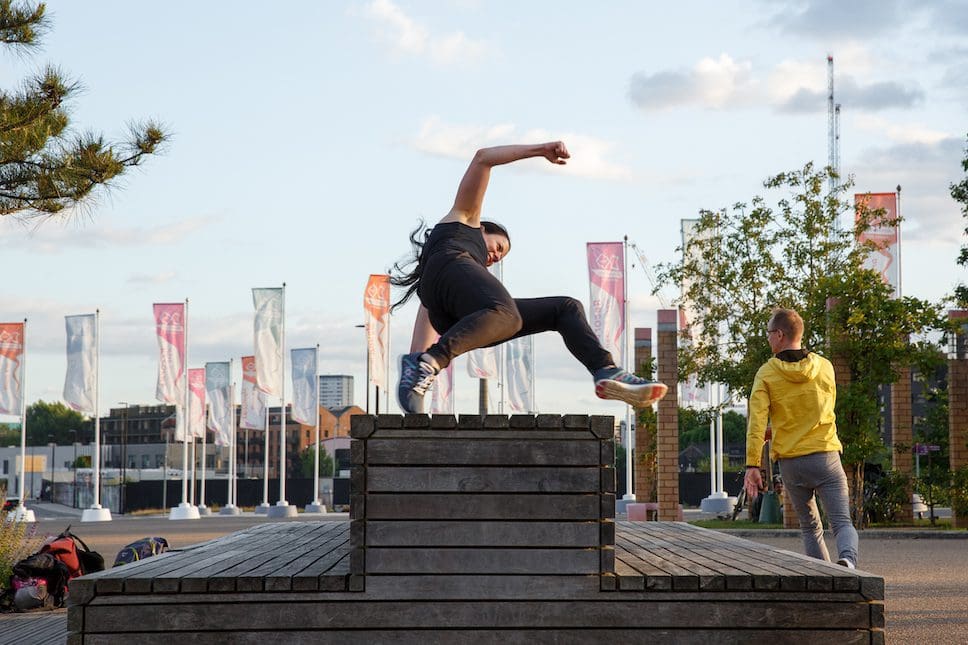
How does this year’s theme ‘Act’ encourage us all to engage with questions around sustainability and the built environment?
The spirit of the festival has always been to celebrate London and the people and communities that make it, while challenging what is by providing a backdrop for people to propose new ideas, in the hope of generating positive long-lasting change for residents and visitors alike.
LFA has never felt more timely, with this year’s theme ‘Act’ our organisers have responded passionately with a diverse range of events and activities. Not surprisingly, environmental conversations exploring climate action, and possible solutions and goals for the future, have been on the forefront of the 2022 programme. This year, the festival offers many ways to engage with environmental questions, from attending talks and workshops exploring circular retrofit and urban greening to seeing potential future impact of rising water levels through some of our public realm interventions.
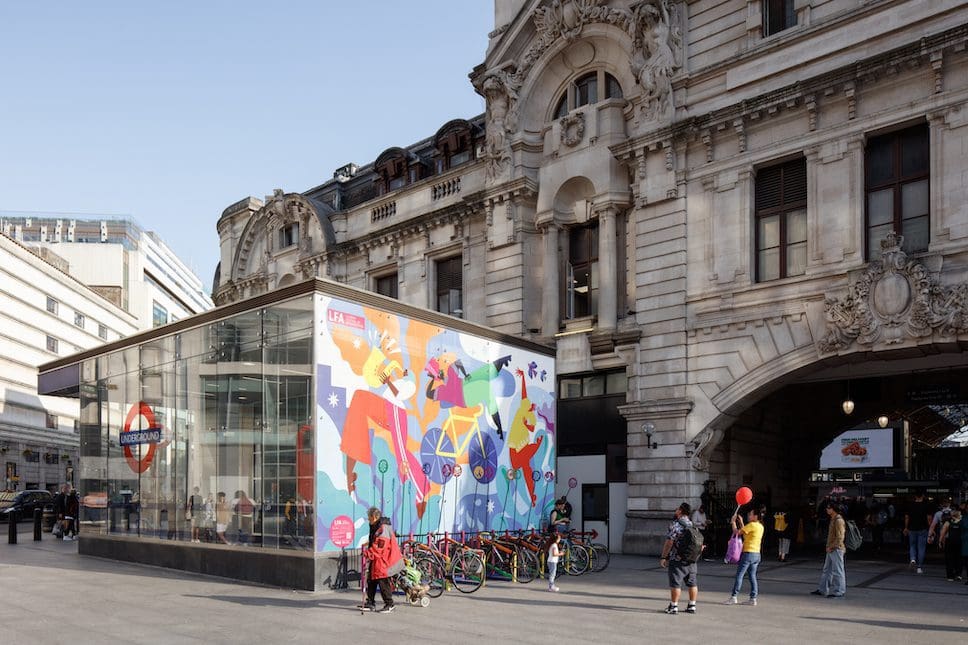
Which responses to ‘Act’ have you been most surprised by and why?
It is really hard to pin down this answer to only one or two responses, because it is precisely that breadth and range of activities and topics explored that positively surprises me the most each year.
However, if I had to highlight one take on the theme it would be exploring ‘Act’ through a lens of theatrical acts and architecture’s performative power. To give you an example, a promenade performance set within Corbett Estate in South East London organised by Genéa Saunders explores the estate through the unspoken displacement stories inspired by the migration tales of the small community; while sparking a conversation about importance of inclusive design, socio-spatiality, and identity.
On the opposite side of London, NOOMA Studio are working with Camden Council on a temporary public realm intervention that tests an alternative use for Phoenix Road in Somers Town as a street garden for the local people and closed to traffic. The project will host the planned and spontaneous performances of poetry, dance and storytelling that will activate the street.
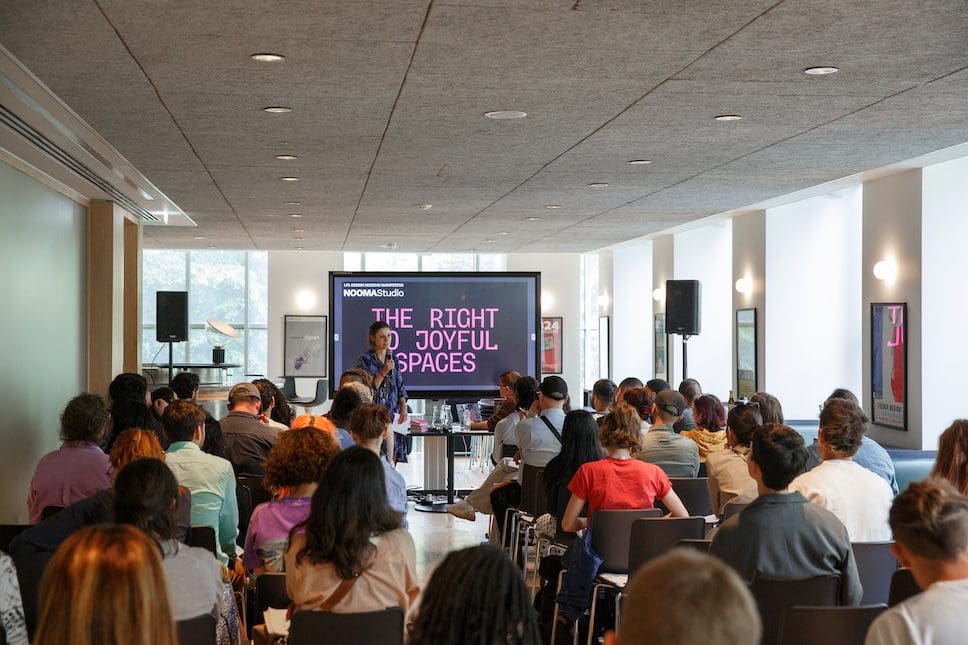
In your opinion, how can architecture do better to engage with ecology?
There is so much we should be doing, but unfortunately the industry’s response to the climate crisis is still way too slow. There is an urgency to take responsibility, drive up design standards and demonstrate our care for future generations through responsible design and environmental leadership.
In parallel to my work at the LFA, I also teach architecture at the University of East London where I always ask my students why we need their building in the first place. As a profession responsible for a high percentage of carbon emissions across the globe, we need to be bold. But also, we cannot feel insecure about losing future work by challenging if we need to be building in the first place. There is so much work for our industry around making existing buildings better, more sustainable, and better connected with nature and its surrounding ecosystems.
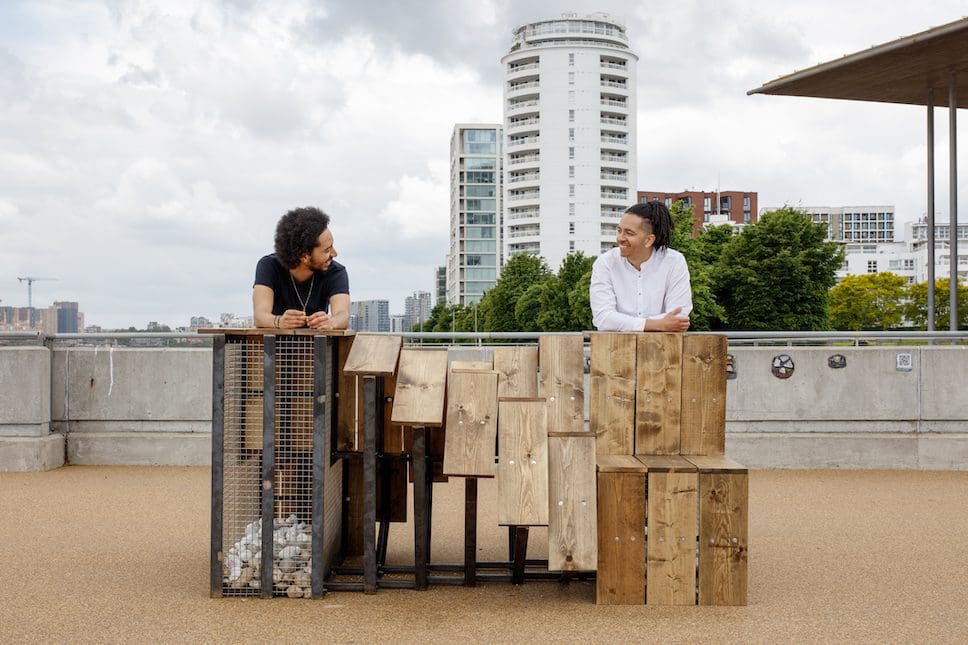
How does the London Festival of Architecture provide an approachable platform for everyone to take part in important conversations concerning our environment?
The LFA programme is people-led and curated by our event organisers; we believe in the power of collaboration with the people who live, shape, and truly know London. It is important to note that you don’t have to be an architect to take part, both as a participant and as an event organiser. We pride ourselves on providing the platform and tools for people to nurture and bring to life some of their ideas.
No matter how big or small, established or emerging, the team putting on an event is, there is always a place in the festival for those with ideas and passion. I came across the festival for the first time when I was a student. Back then I ran a festival event as part of my final thesis project. This would have never been possible without free access to the festival programme as well as all the support from the festival team.
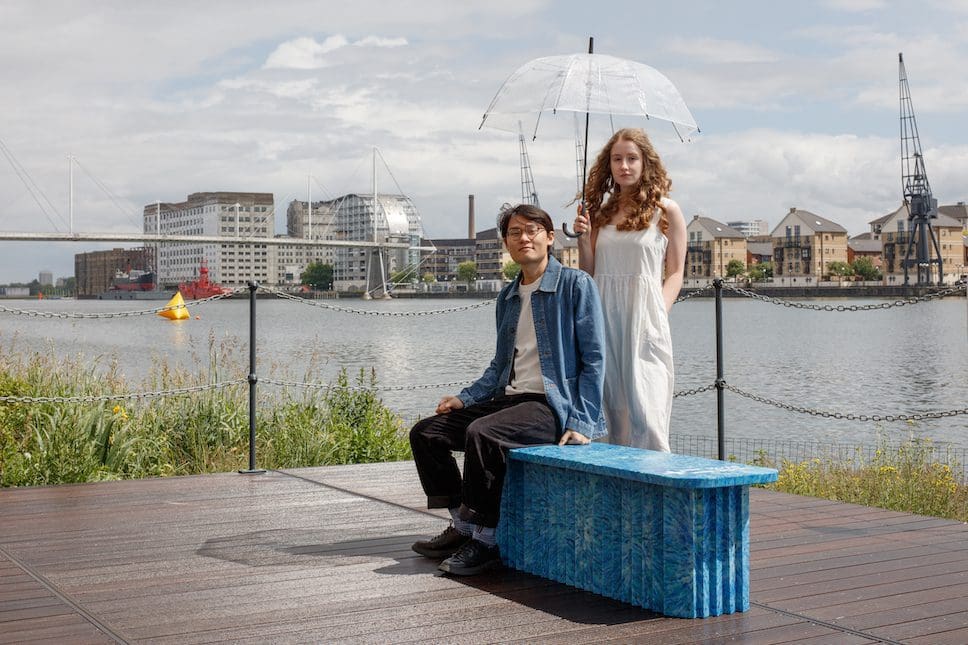
What role do you believe students and graduates play in shaping future conversations?
They play a crucial role as they represent a new generation of architecture voices that should be on the forefront of thinking what architecture can be, who our city is for, and how we can create a better, more inclusive London for all. Unfortunately, it is still a privilege to win your first commission especially in public realm and cultural sector. Our mission has always been to support new emerging talent and have dedicated projects and events, which provide a space for students, recent graduates, and designers in early stages of their careers. Our annual collaboration with the Design Museum highlights work by an emerging generation of voices in architecture while a big number of our design competitions are designed to support those emerging into the field of architecture.
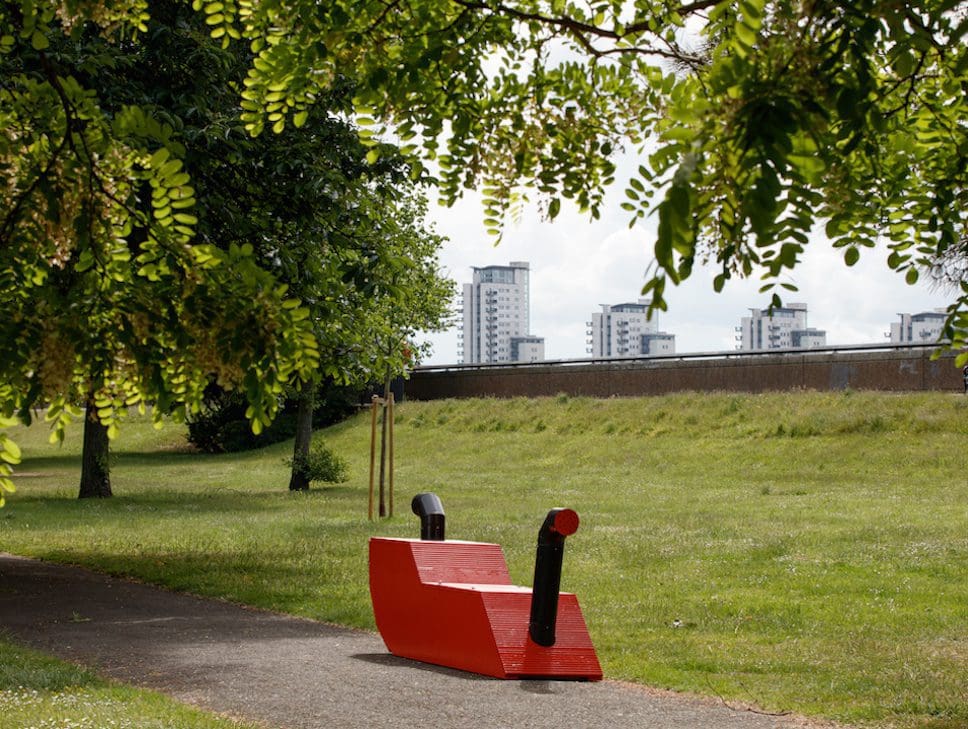
How is the LFA creating a blueprint for future urban development?
Since its origins in 2004, the Festival’s mission has always been to test new ideas, find new ways to look at familiar places, and reveal and celebrate the underlying potential of London’s design talent. Ever since joining the team in 2016, I have been struck by the Festival’s ability to impact everyday experiences of the city; from reinterpreting familiar places through to new installations and animations, redesigning public spaces, to testing interactive forms of consultation and planning for future urban development. Due to their temporary nature, festivals can often be distanced from the life of the cities in which they are held. Yet, it is precisely their temporal dimension that can offer opportunity for festival producers and participants to experiment, test ideas and negotiate change.
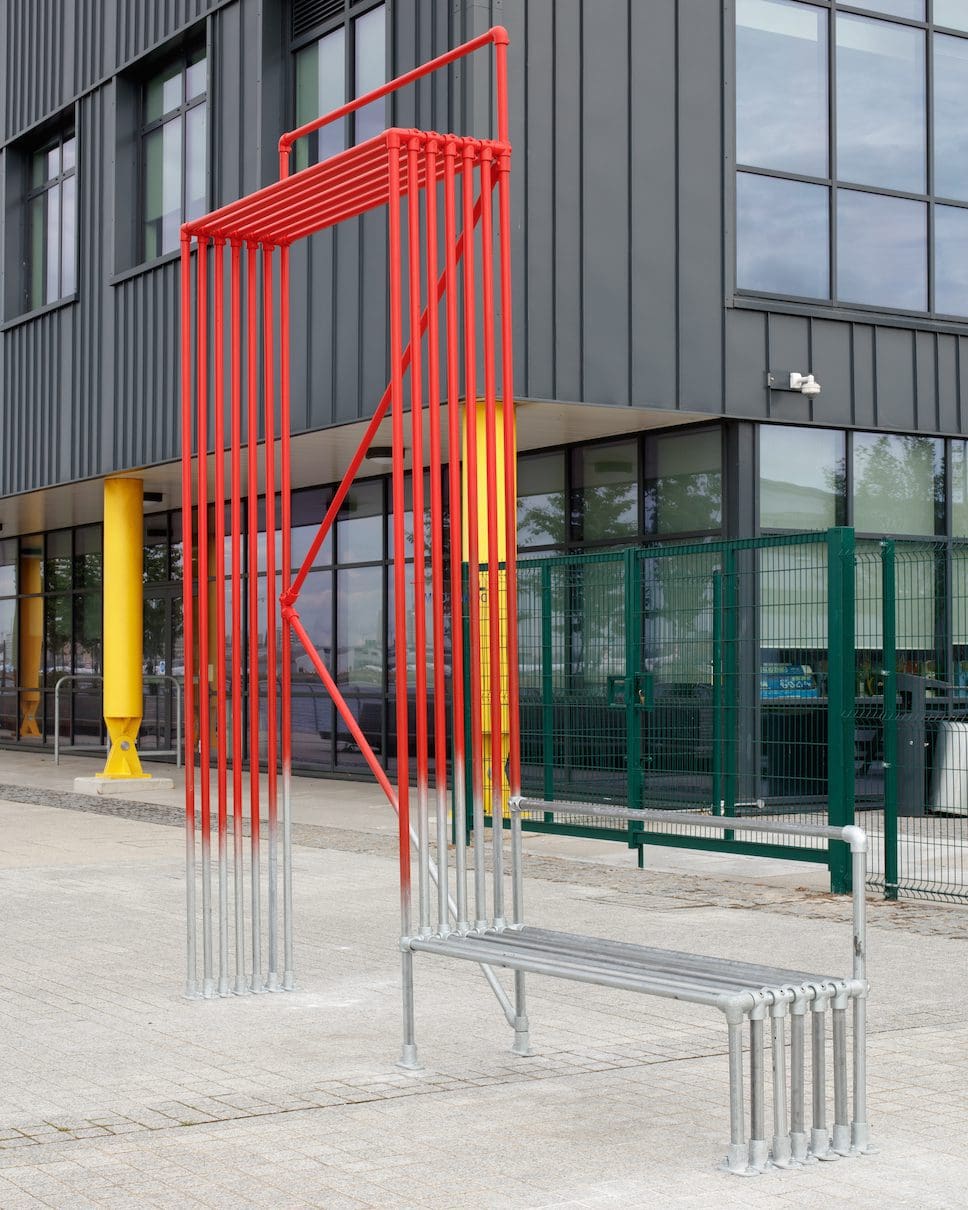
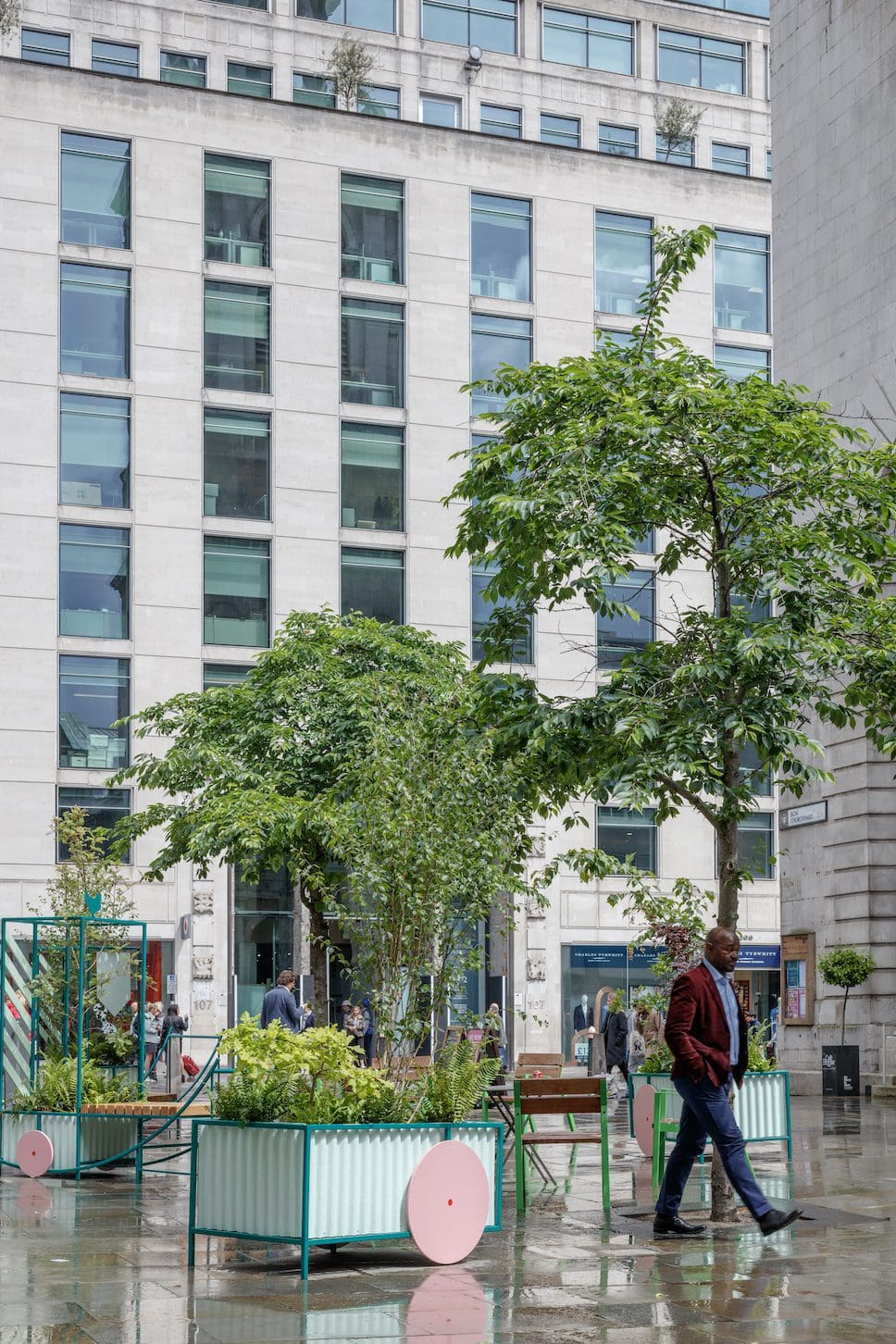
Photography: Luke O’Donovan
With many thanks to Rosa Rogina.
Learn more about the programme of events for the month-long London Festival of Architecture which comes to an end on 30th June 2022.
Read our pick of the LFA 2022 highlights and discover lots more architecture news on enki.
